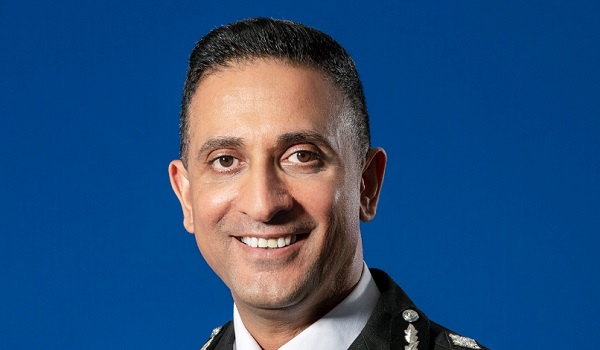Policing needs to accelerate moves towards greater inclusivity, survey finds
A leading authority on workforce development in the justice sector is calling on policing organisations to accelerate efforts to create a more open and inclusive working environment after a survey found a fifth of employees reported unfair treatment related to a protected characteristic.
The survey by Skills for Justice also found that nearly a third of respondents felt their oganisations failed to take allegations of bullying, harassment or unfair treatment seriously.
“Policing by consent rests upon police forces reflecting the communities that they serve and key to this is creating a fully inclusive organisational culture that embraces diversity and adopts a zero-tolerance attitude towards unfair treatment or abuse,” said Jon Parry, head of research and evaluation at Skills for Justice.
“The fact that only 68.1 per cent of respondents felt that their organisation took allegations of bullying, harassment, or unfair treatment seriously demonstrates that there is more to be done in this regard.
“Whilst we recognise that progress has been made in recent years to improve staff wellbeing and the overall working environment, we encourage employers to consider the findings of this report carefully as they seek to modernise in response to the everchanging demands upon policing.”
In addition to findings on workplace culture and the working environment, the survey provides insights into a number of current workforce issues, including flexible working, skills and training, apprenticeships and recruitment.
Encouraging evidence was found which suggests that police forces are doing their utmost to keep pace with the threat posed by cybercriminals, with more than a quarter (27 per cent) of respondents reportedly having a high-level skillset when it comes to tackling cybercrime.
A further sign that employers are modernising is evidenced by the fact that 76 per cent now offer flexible working – a move which has been positively received by workers, who overwhelmingly felt that they were more productive and have a better work-life balance as a result.
Interestingly, with police recruitment increasingly under the spotlight, the survey shows that less than one in four organisations currently utilise apprentices and that only a handful planned to recruit apprentices over the next 12 months.
A lack of awareness was cited as the main reason why employers appear reluctant to take on apprentices. Only 40 per cent of respondents said that they fully understood what apprenticeships are and the value they can bring to policing organisations, suggesting there is work to be done in terms of employer engagement and apprenticeship career pathways.
Former College of Policing chief executive Mike Cunningham endorsed the findings, saying: “This report shines a light on both the challenge and responsibility of employers and leaders to be innovative and continue to invest in their people despite ongoing fiscal constraints.
“Whilst it is almost cliché to say that people are the most valuable resource in policing, it is irrefutably true. That being so, we need to be bold in our approach to the selection and the development of policing leaders at all levels.
“The survey demonstrates a welcome step change in approach to employee wellbeing, however, concerns remain regarding the seriousness with which allegations of bullying or harassment are treated indicating that the ongoing development of officers and staff in policing is a long way from where it needs to be and there is much more to do.”
In total, 894 individuals from across the UK police service responded to the survey. To view the findings in full, click here.







